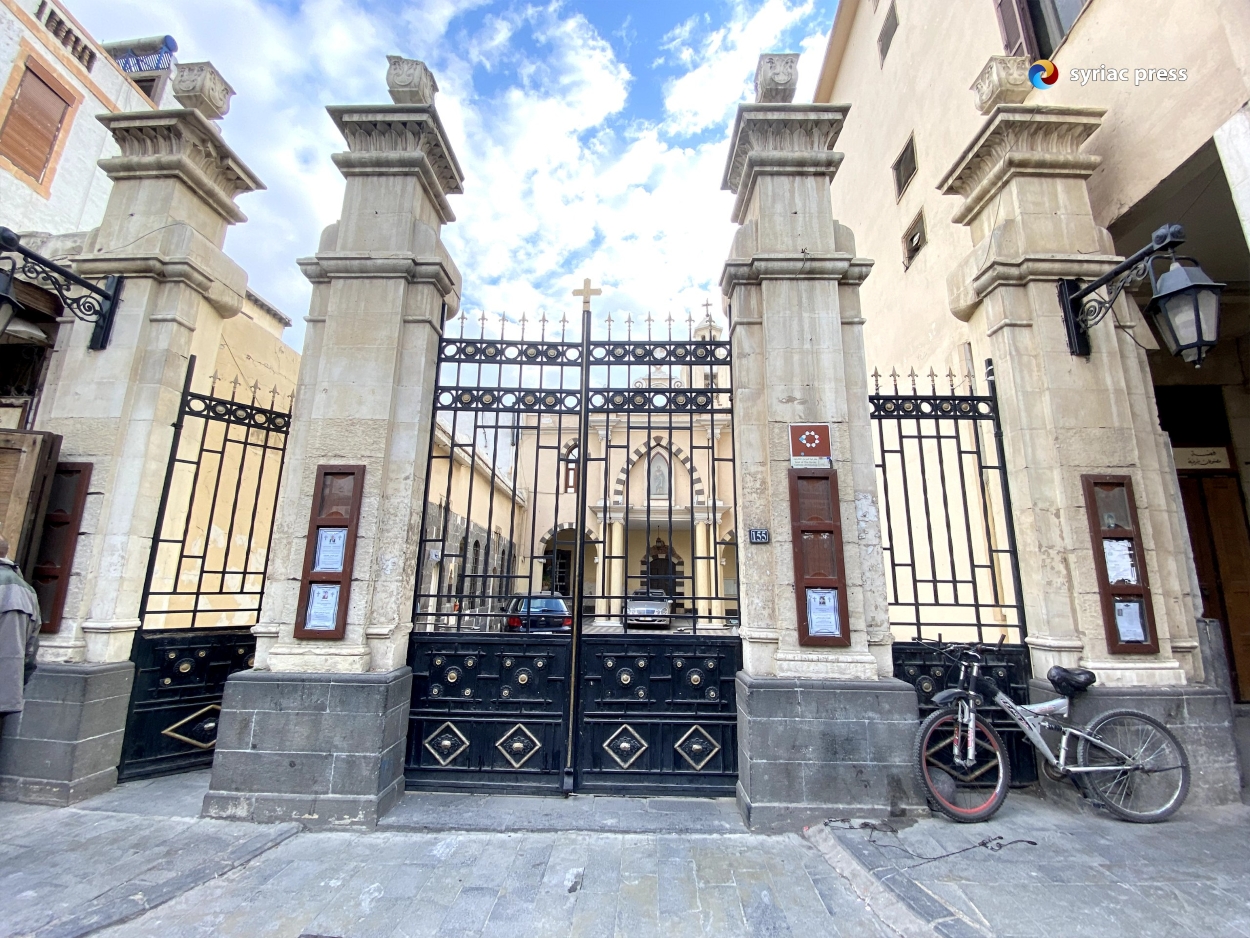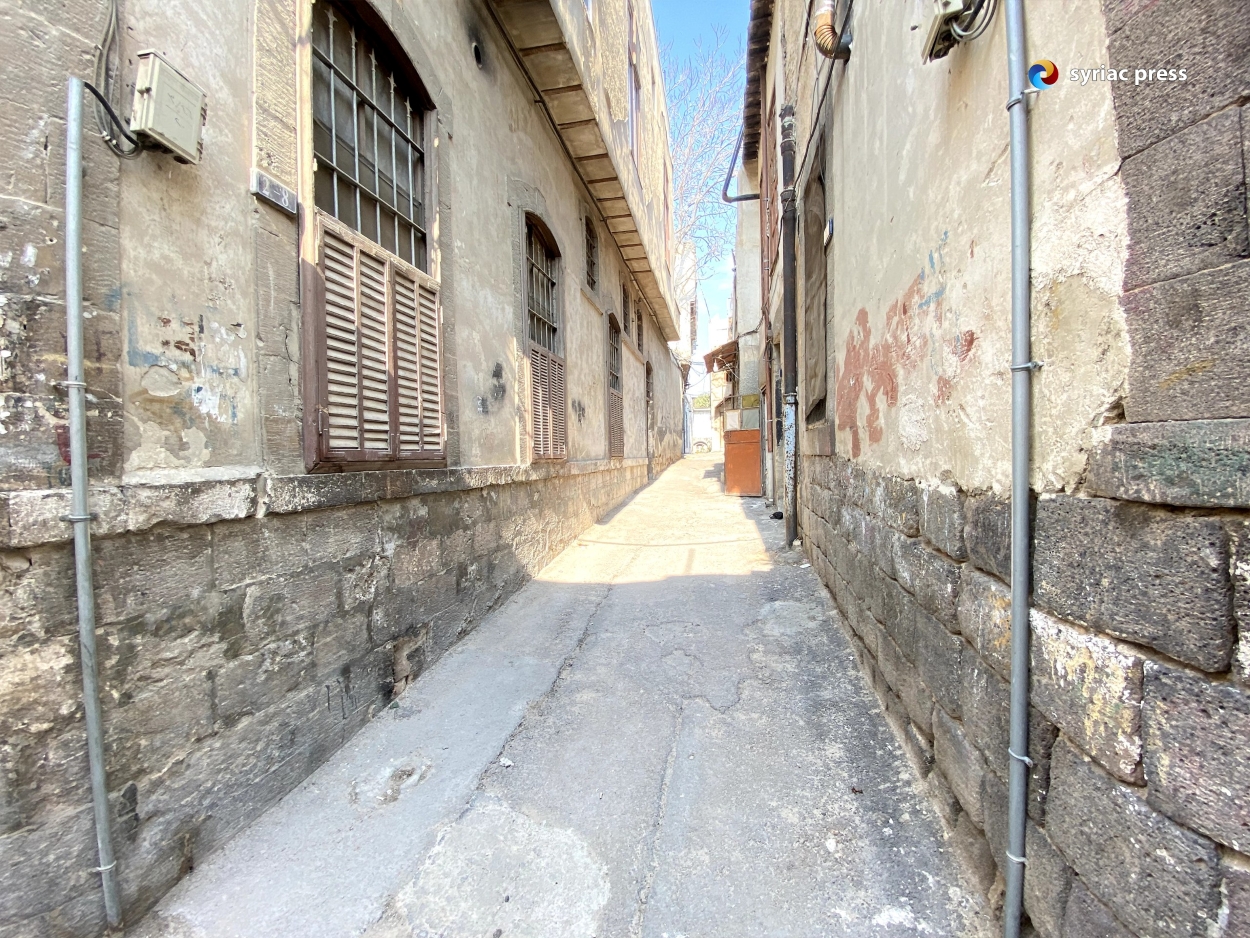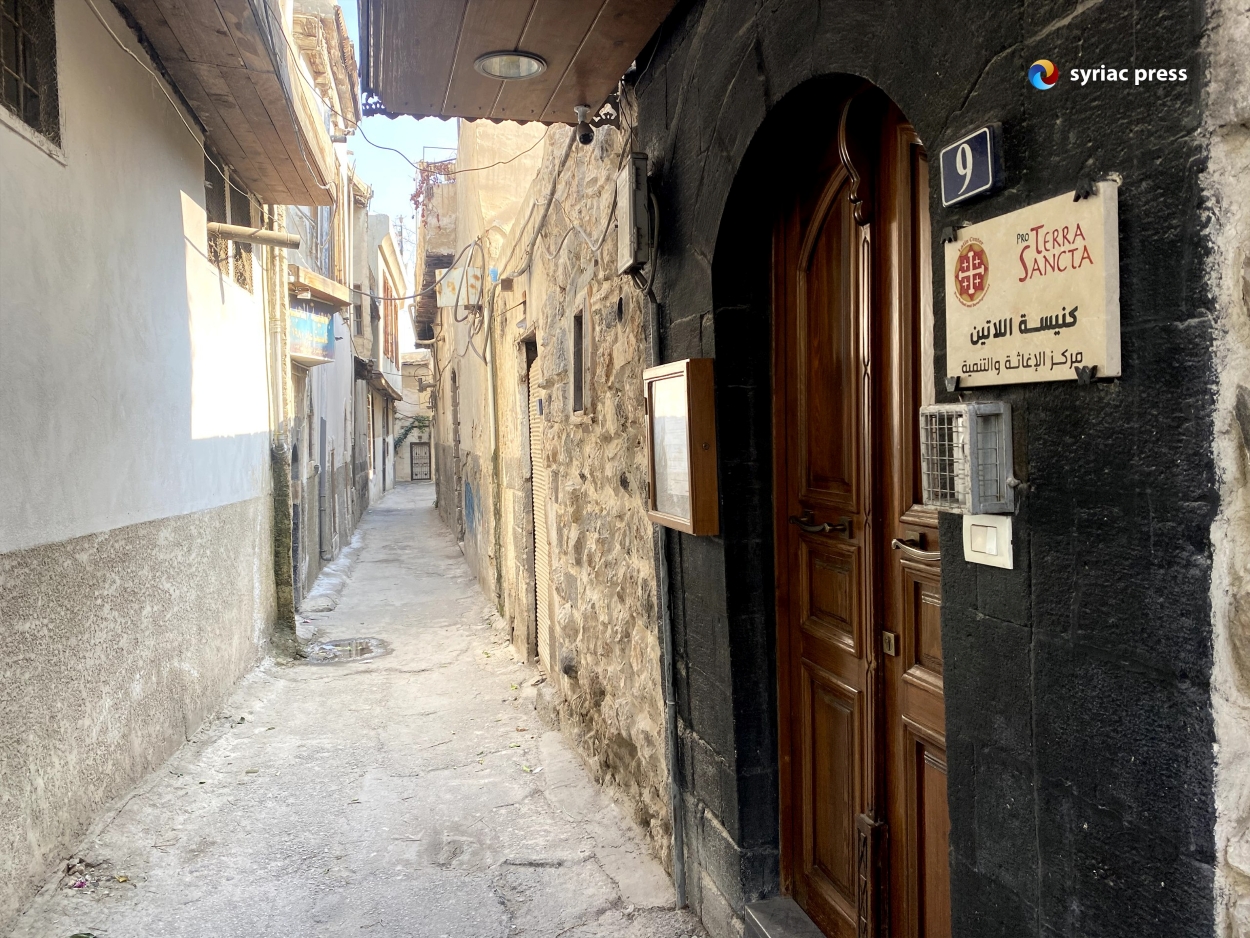The Future of Syria: Balancing hopes for change and challenges facing Christian areas
DARAMSUQ — With the fall of the authoritarian regime of Bashar al-Assad, Christian neighborhoods in Daramsuq (Damascus), such as Bab Touma and Qasaa, are at a pivotal historical juncture. Aspirations for a democratic state that guarantees the rights of all citizens are tempered by deep social and economic challenges. Residents are now tasked with rebuilding their community and shaping a brighter future.
Renewed Hope: Christian Aspiration for the Future
The regime’s collapse has kindled hope among Syrians, including Christians. Many aim to build a nation that values human rights and protects cultural and religious diversity. “We have a golden opportunity to reshape our presence in this country,” said Samer Sarkis, an activist from Bab Touma. “We Christians must be part of this change and demand our rights in a nation that respects everyone.”
Burden of the Past Weighing on the Present
Yet, significant hurdles remain. The legacy of political divisions and internal conflicts presents obstacles to achieving these aspirations. “The challenge is not only in reconstruction but in finding internal consensus that guarantees the rights of everyone, including Christians, within a fair constitution that represents all components,” explained Raed Nicola, a political analyst from Qasaa.
Christian Youth as Pioneers of Change
Christian youth in Daramsuq and across Syria play a key role in shaping the nation’s future. Leading dialogue and fostering cooperation among Syrian factions, young Christians are integral to preserving religious and cultural diversity. “Christian youth are an integral part of this nation,” said Michel Yacoub, a university student from Dweila. “We are capable of overcoming past differences and contributing to building a Syria that reflects our identity and history,”
Economic Challenges: A Heavy Burden on Christian Families
The ongoing economic crisis poses additional hardships for Christian families. Rising living costs and declining incomes have placed many in a precarious position. Leila Mansour, a mother of three in Qasaa, explained that hope alone is not enough. “We need realistic economic plans to support Christian families suffering from displacement and financial collapse.”
Some residents, like Danny George from Bab Touma, have criticized the limited role of churches in addressing these struggles. “We need a greater role from churches, whether through relief programs or educational initiatives,” he urged.
Christian Unity: The Key to a Brighter Future
Despite the challenges, many see unity among Christian communities as essential for progress. “Dialogue between different Churches and Christian institutions is crucial to ensure real and effective representation for us in the coming phase,” said Sarkis.
While the road ahead is fraught with difficulties, hope persists among the residents of Damascus’ Christian neighborhoods. Through unity and collaboration with other Syrian communities, they may pave the way for a democratic future that honors their identity and heritage.
For the article in Arabic see here





















